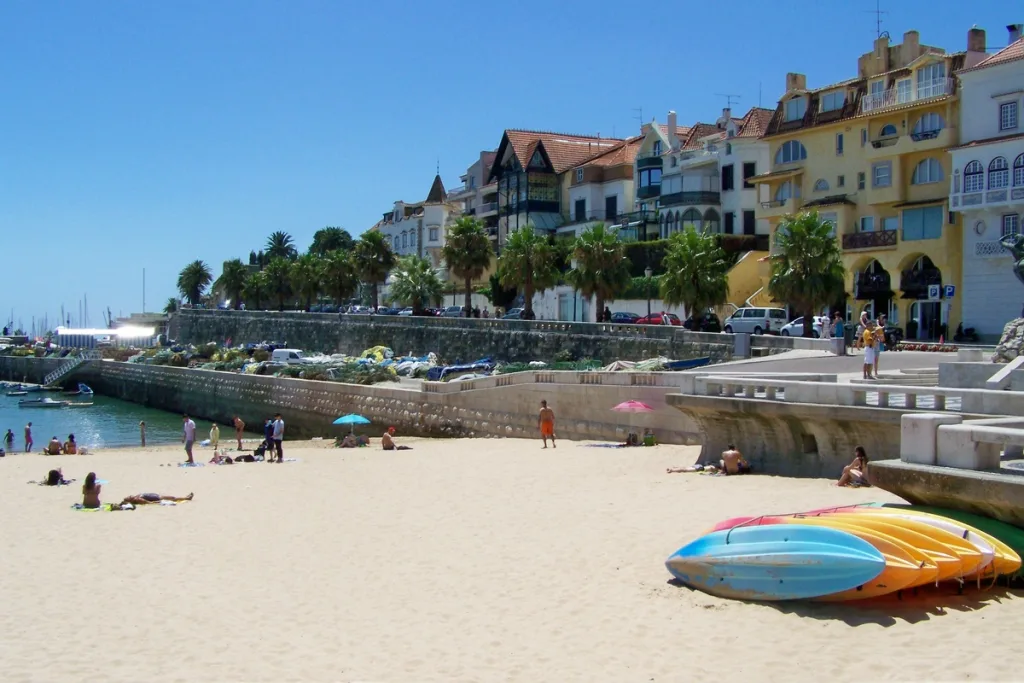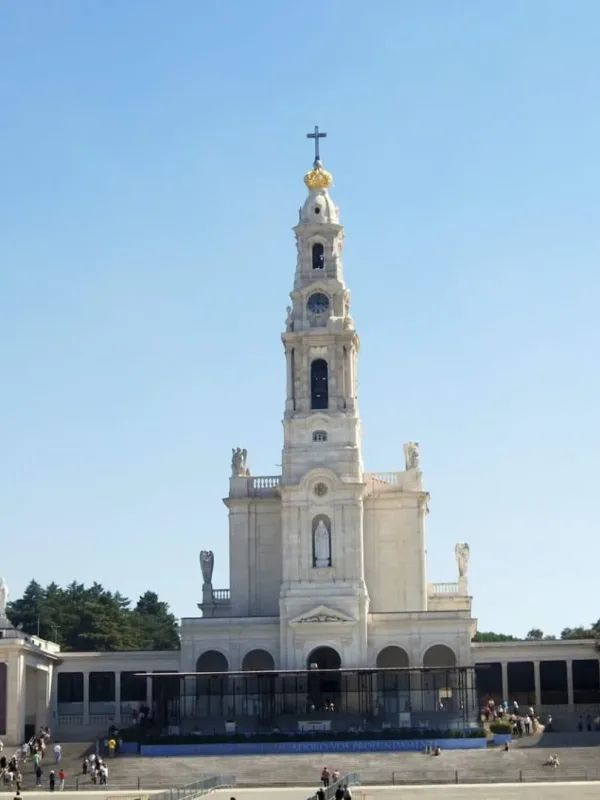According to this theory, Cascais was a simplification of the phrase “village of the cascais,” emerging during the period of coastal settlements linked to the Christian Reconquista.
However, more recent studies suggest a different origin, associating the name with a 9th-century Muslim navigator and admiral known as Khashkhash. Historian A. H. de Oliveira Marques was the first to suggest this connection, although only briefly. Later researchers revisited the idea, often based solely on the phonetic similarity between Khashkhash (sometimes written Kaxkax) and Cascais, despite a lack of documentary support or critical historiographical context.
Muslim sources mention at least two members of the same family named Khashkhash involved in navigation and maritime defense. One reportedly died in combat against the Vikings around 858–862, while another remained active later in the 9th century. It’s plausible that one of them may have been present near what is now Cascais as part of the coastal defense network of al-Ândalus. Such a presence could have left a lasting memory, associating his name with the area’s port.
Linguistically, there may also be a link between Cascais, cascal, and the Catalan word cascall (meaning “opium poppy”), which in Arabic is khashkhash — hinting at broader cultural connections.
The Muslim presence in the modern Cascais region is well documented, with Arabic-origin place names such as Abuxarda, Alcabideche, and Alcoitão. For instance, Alcabideche stems from the Arabization of a Latin term related to water sources.
Some scholars even compare Cascais to the Catalan town Cascall, which had a ràbita (a Muslim military outpost), reinforcing the idea of a shared origin through various linguistic transformations.
In summary, recent research challenges the traditional theory that Cascais simply means “village of shells.” Instead, it points to a much older and more complex origin tied to Muslim maritime defense, cultural exchange, and historical links with al-Ândalus and Catalonia. Further studies may clarify these connections and expand our understanding of the region’s past.






